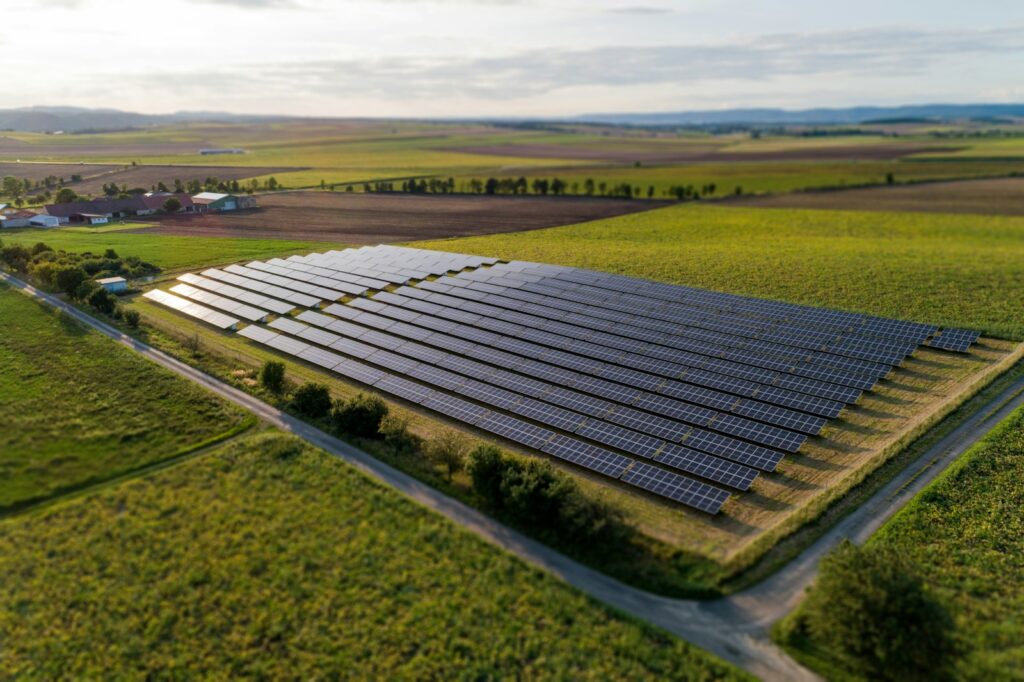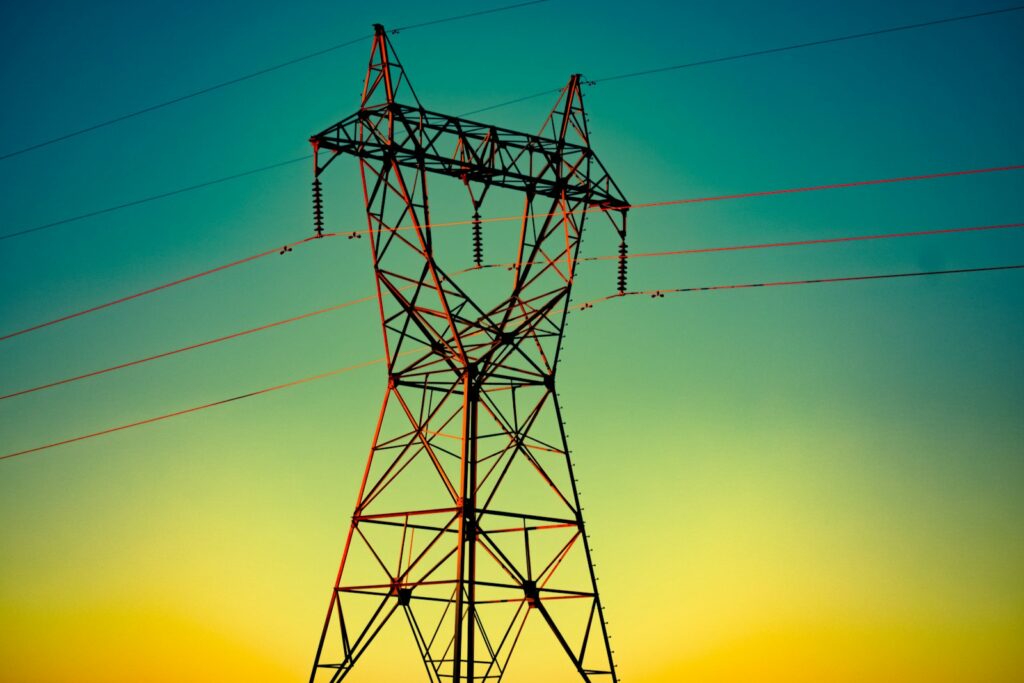A ‘first of its kind’ zero-carbon hydrogen project will inject hydrogen into the gas network in Staffordshire, which will then be used to heat homes and businesses.
HyDeploy has been launched by Keele University, Staffordshire and the project will inject hydrogen into the University’s existing natural gas network which will then be used to heat 100 homes and 30 faculty buildings.
The £7m project is backed by Ofgem’s Network Innovation Competition and is in partnership with the Northern Gas Network.
Heating for properties and industry currently accounts for around half of the UK’s energy consumption and is responsible for about one-third of all carbon emissions, with 83% of homes currently using gas.
When burned, hydrogen creates heat without CO2, therefore, the Committee on Climate Change has stated that the use of hydrogen is necessary to reach Net-Zero emissions.
Ed Syson, chief safety and strategy officer for Cadent said: ‘It is impossible to overstate the importance of this trial to the UK, this is the first-ever practical demonstration of hydrogen in a modern gas network in this country.
‘Hydrogen can help us tackle one of the most difficult sources of carbon emissions – heat.
‘This trial could pave the way for a wider roll-out of hydrogen blending, enabling consumers to cut carbon emissions without changing anything that they do.
‘HyDeploy could also prove to be the launchpad for a wider hydrogen economy, fuelling industry and transport, bringing new jobs and making Britain a world-leader in this technology.
‘Urgent action is needed on carbon emissions and HyDeploy is an important staging post on that journey in the UK.’
Professor Mark Ormerod, the deputy vice-chancellor at Keele University, said: ‘Sustainability and low carbon energy is a key overarching institutional priority at Keele University, and we are delighted to be a key partner in HyDeploy.
‘HyDeploy is a pioneering landmark national demonstration project, using our campus as a genuine ‘living laboratory’ for low carbon and energy-efficient technologies.
‘HyDeploy has the potential to be hugely impactful and lead to a step-change in the reduction of carbon emissions associated with heat.’
In related news, most households in the UK would be happy to use hydrogen as a domestic fuel, believing it would have a positive environmental impact, but their main concern is the cost in doing so, according to a survey conducted by researchers at Newcastle University.
Photo Credit – Pixabay
















